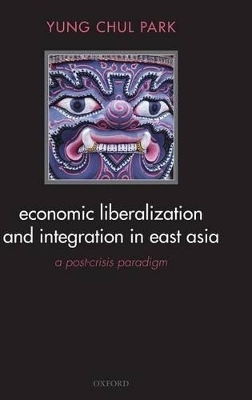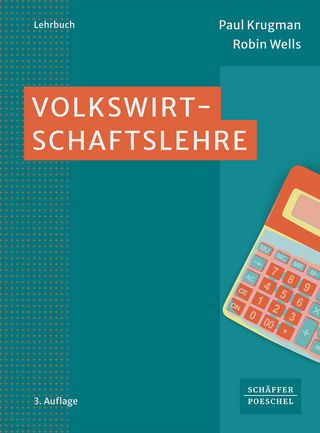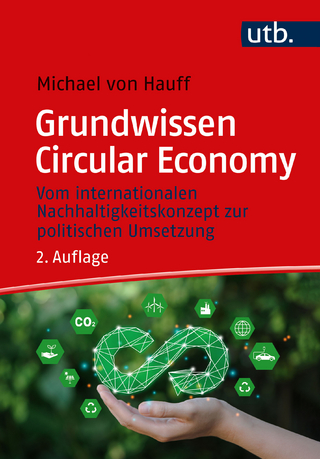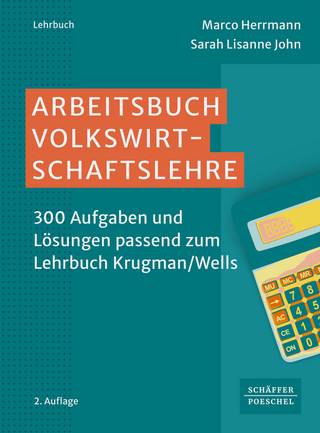
Economic Liberalization and Integration in East Asia
Oxford University Press (Verlag)
978-0-19-927677-6 (ISBN)
Several years before the 1997-98 Asian financial crisis, most East Asian economies with the exception of China had engaged in the liberal reform prescriptions of the Washington Consensus. The Asian financial crisis added impetus to the transformation process as the crisis countries accepted the Washington Consensus as part of their commitment to the IMF policy conditionality.
In this book the author argues for the continuing validity of an 'East Asian' model of economic development that differs distinctly from the Washington Consensus. He argues that, while this model was undermined to some extent by the 1997-98 financial crisis, it remains robust and important in explaining economic events in East Asia. In doing so, he covers the accomplishments and failures of the East Asian development model and the reform agenda for a new East Asian paradigm for post-crisis development.
Yung Chul Park is Professor of Economics at Seoul National University and a member of National Economic Advisory Council. He was an ambassador for International Economy and Trade, Ministry of Foreign Affairs and Trade, 2001-2002 and Chairman of the board at the Korea Exchange Bank in Seoul, Korea,1999-2001. He previously served as the Chief Economic Adviser to President Doo Hwan Chun of Korea and as a member of the Central Bank of Korea's Monetary Board. He has also held positions at Harvard University, Boston University and the International Monetary Fund.
SUCCESSES AND FAILURES OF THE EAST ASIAN DEVELOPMENT PARADIGM ; 1. Introduction ; 2. Characteristics and Successes of the East Asian Development Paradigm ; 3. Development Policies and Governance ; 4. Failures of the East Asian Development Model: An Overview ; 5. Failures in Governance and Institution Building ; 6. Weaknesses of the Corporate and Financial Sector ; THE ASIAN CRISIS: CAUSES AND CONSEQUENCES ; 7. The Build-up of the Crisis ; 8. Causes of the East Asian Crisis: Structural Weakness vs. Liquidity Panic View ; 9. A Reevaluation of the IMF Reform Program: Wrong Diagnosis and Wrong prescription ; 10. The IMF Structural Reform: Inconsistencies in the Program ; INSTITUTIONAL REFORM: CHALLENGES AND PROSPECTS ; 11. Reform of Government and Industrial Policy ; 12. Institution Building for Governance ; 13. Corporate Sector Reform ; 14. Social Welfare and Industrial Relations ; FINANCIAL LIBERALIZATION AND OPENING ; 15. Progress in and Prospects for Financial Reform ; 16. Exchange Rate Regimes: Fear of Floating ; 17. Capital Account Liberalization ; ECONOMIC INTEGRATION IN EAST ASIA ; 18. Trade Integration ; 19. Financial Integration ; 20. Prospects for Economic Cooperation and Integration ; 21. Reserve Accumulation in East Asia and Trans-pacific Trade Imbalance ; WHITHER ECONOMIC LIBERALIZATION AND INTEGRATION IN EAST ASIA? ; 22. In search of a New East Asian Paradigm of Development ; 23. A Long Road to Anglo-Americanization ; 24. New Paradigm of Development: A Mixed Economy Model ; 25. Concluding Remarks
| Erscheint lt. Verlag | 15.12.2005 |
|---|---|
| Zusatzinfo | 17 tables, 7 figures |
| Verlagsort | Oxford |
| Sprache | englisch |
| Maße | 163 x 242 mm |
| Gewicht | 587 g |
| Themenwelt | Wirtschaft ► Volkswirtschaftslehre |
| ISBN-10 | 0-19-927677-3 / 0199276773 |
| ISBN-13 | 978-0-19-927677-6 / 9780199276776 |
| Zustand | Neuware |
| Haben Sie eine Frage zum Produkt? |
aus dem Bereich


